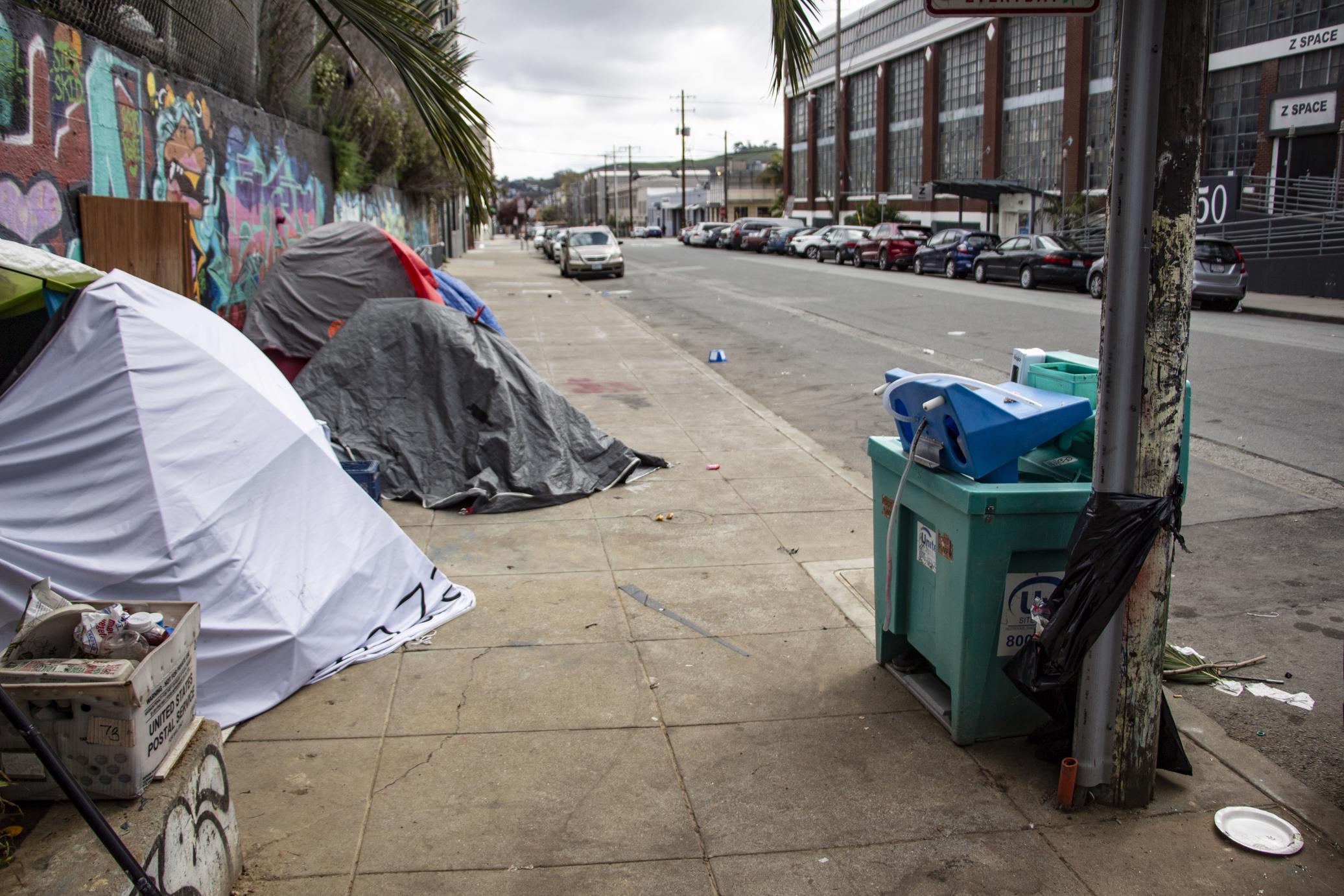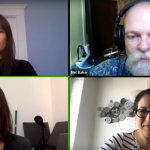As of Monday, April 6, three people in San Francisco’s shelter system had tested positive for coronavirus, one of them at a Navigation Center at Division Circle, and two former residents of the Multi Services Center South, known as MSC South. Mayor London Breed announced on Monday that 19 people who had been moved to an emergency shelter at Moscone Center to thin out the general shelter population for social distancing requirements had previously had contact with the people who tested positive at MSC South.
Advocates for the homeless have made repeated pleas and demands that all homeless people be moved into the city’s empty hotel rooms. City officials have said that this would not be a financially prudent move and that hotel rooms should be reserved, among the homeless population, for those with underlying conditions or who are elderly and particularly at risk.
Chris Herring, a sociologist and doctoral candidate at the University of California, Berkeley, is among those who have been calling for homeless people to be moved into hotel rooms. Herring has studied homelessness and its governance for the past decade, and says the coronavirus crisis has interacted with and exacerbated the public health problem of homelessness.
“We’re seeing how this neglect of housing is going to really come back and create weaknesses in us all being resilient towards this crisis we’re facing,” he said. “The way in which we treat homeless folks as a city in normal times, many of the things we do is not best for their own health.”
Those who live on the street or in shelters, he said, have a lower life expectancy than similarly aged people who have housing.
“Emergencies and times of crisis really bring to light a lot of the underlying structural issues that we sometimes don’t typically see, and also exposes new possibilities of ways of handling homelessness that I never thought I would see,” Herring said.
A segment from our radio show, “Civic.” Listen daily at 8 a.m. and 6 p.m. on 102.5 FM in San Francisco.










